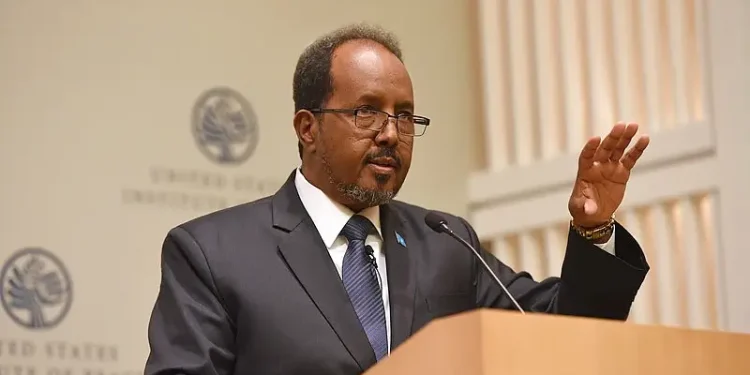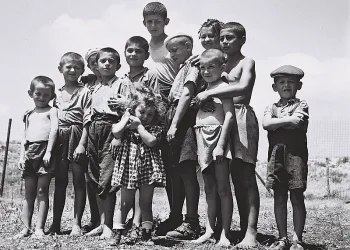In a brazen act of violence, Somalia’s President Hassan Sheikh Mohamud’s convoy was targeted by a roadside bomb in Mogadishu on March 18, 2025. The president emerged unscathed, but the attack underscores the persistent threat posed by militant groups in the region.
The Attack
The explosion occurred near the presidential palace as President Mohamud’s motorcade was en route to the airport, intending to visit frontline troops combating al-Shabaab militants in the southern regions of Somalia.
Eyewitnesses reported at least four fatalities at the scene. Al-Shabaab, an al-Qaeda-linked group, claimed responsibility for the attack, marking their first direct assault on President Mohamud since 2014.
International Condemnation
The international community swiftly denounced the attack:
-
European Union (EU): The EU expressed strong condemnation, labeling the incident a “heinous act” that resulted in civilian casualties. They reaffirmed their commitment to supporting Somalia’s state-building and security efforts.
-
United Nations (UN): Secretary-General António Guterres condemned the attack, extending condolences to the victims’ families and reiterating UN support for Somalia’s pursuit of peace and stability.
-
African Union (AU): The AU condemned the “despicable” attack, emphasizing solidarity with Somalia in its fight against terrorism.
The President’s Response
Demonstrating resilience, President Mohamud continued his journey to the frontlines in the Middle Shabelle region, where government forces are engaged in operations against al-Shabaab insurgents.
This visit underscores his commitment to directly support military efforts combating terrorism.
Al-Shabaab’s Ongoing Threat
Al-Shabaab remains a significant destabilizing force in Somalia, frequently executing attacks targeting government officials and civilians.
Despite sustained military operations by Somali forces, supported by international partners, the group continues its insurgency, aiming to overthrow the Somali government and impose its strict interpretation of Islamic law.
Effect on Somalia’s Security Landscape
The attack highlights the enduring challenges Somalia faces:
-
Political Stability: Targeting the head of state signifies a direct challenge to Somalia’s governance and could potentially destabilize the nation’s political framework.
-
Security Measures: The incident underscores the necessity for enhanced security protocols, particularly concerning the protection of high-profile officials.
-
International Support: The global community’s unified condemnation and continued support are crucial for Somalia’s ongoing battle against terrorism and efforts toward nation-building.
Recent Al-Shabaab Activities
In the weeks leading up to the attack, al-Shabaab intensified its operations:
-
March 12: A suicide bombing at a hotel in Beledweyne resulted in over 18 civilian deaths.
-
March 15: Clashes in the Sumadale area led to the deaths of 22 Somali soldiers, with al-Shabaab temporarily seizing control of the region.
In Conclusion
The recent attack on President Mohamud’s convoy serves as a stark reminder of the persistent threats Somalia faces from militant groups like al-Shabaab.
The resilience demonstrated by Somali leadership, coupled with unwavering international support, remains pivotal in the nation’s pursuit of peace and stability.
Sources: European Union, Reuters, Wikipedia, AP News, Xinhua News, and WAM.








